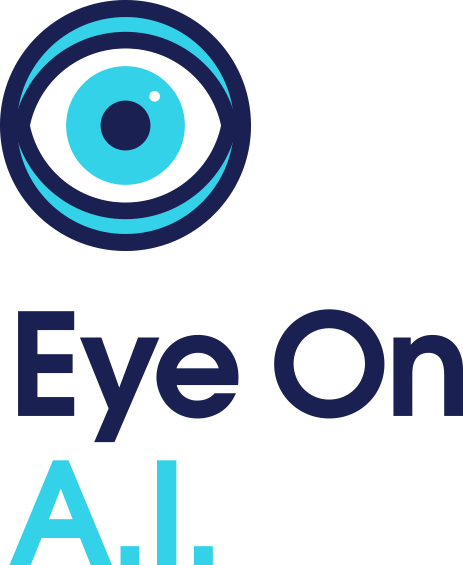Pryon to seek at least USD 25m later this year
Pryon to seek at least USD 25m later this year
TIM LEEMASTER
Pryon founder and CEO Igor Jablokov
Pryon, the Raleigh, North Carolina-based business services firm using natural language processing, plans to raise at least USD 25m as soon as the late second quarter, founder and CEO Igor Jablokov says.
The company’s technology takes natural language commands to search databases for information, data and documents.
It is piloting the product this quarter and plans to move into production in the second quarter.
The company would look to raise between USD 25m and USD 35m if a funding round kicks off before the end of the first half as an extended Series A, Jablokov says. Waiting for later in the year could see the company raise more in a Series B.
Pyron raised USD 20m in a Series A in the middle of last year from investors including Rise of the Rest Seed Fund, which is backed by AOL founder Steve Case’s Revolution, Breyer Capital and Greycroft.
The company’s name, Pryon, comes from the code name for the prototype to Amazon’s voice assistant Alexa, which was developed out of technology that Jablokov created at a previous startup he founded with his brother Victor called Yap. Amazon acquired the firm in 2012.
Following that the former IBM executive spent time on Eisenhower and Truman fellowships looking at the public sector and entrepreneurialism.
By 2017, however, Jablokov was frustrated by the AI sector. He had expected Google, Amazon and Microsoft to be far more advanced in their AI capabilities.
“I decided to reluctantly get back in it [the corporate world] and give them a kick in the pants,” he says.
The company is still trying to work out the best pricing mechanism with the trials with either a subscription or price per transaction model, Jablokov says.
Clients include AT&T, Delta, Goldman Sachs, Invesco, Home Depot and UPS.
Jablokov is totally unfazed by the issues many in the world of AI raise around unstructured data. Eye on A.I. has spoken to many startups that can spend weeks and months on “cleaning” client data before it works well with their systems and algorithms.
“We know how to operate across ‘dirty’ data,” the CEO says. “We just Hoover it up like an anteater and start chatting.”
Start times with a client’s data can be in seconds, he adds.

